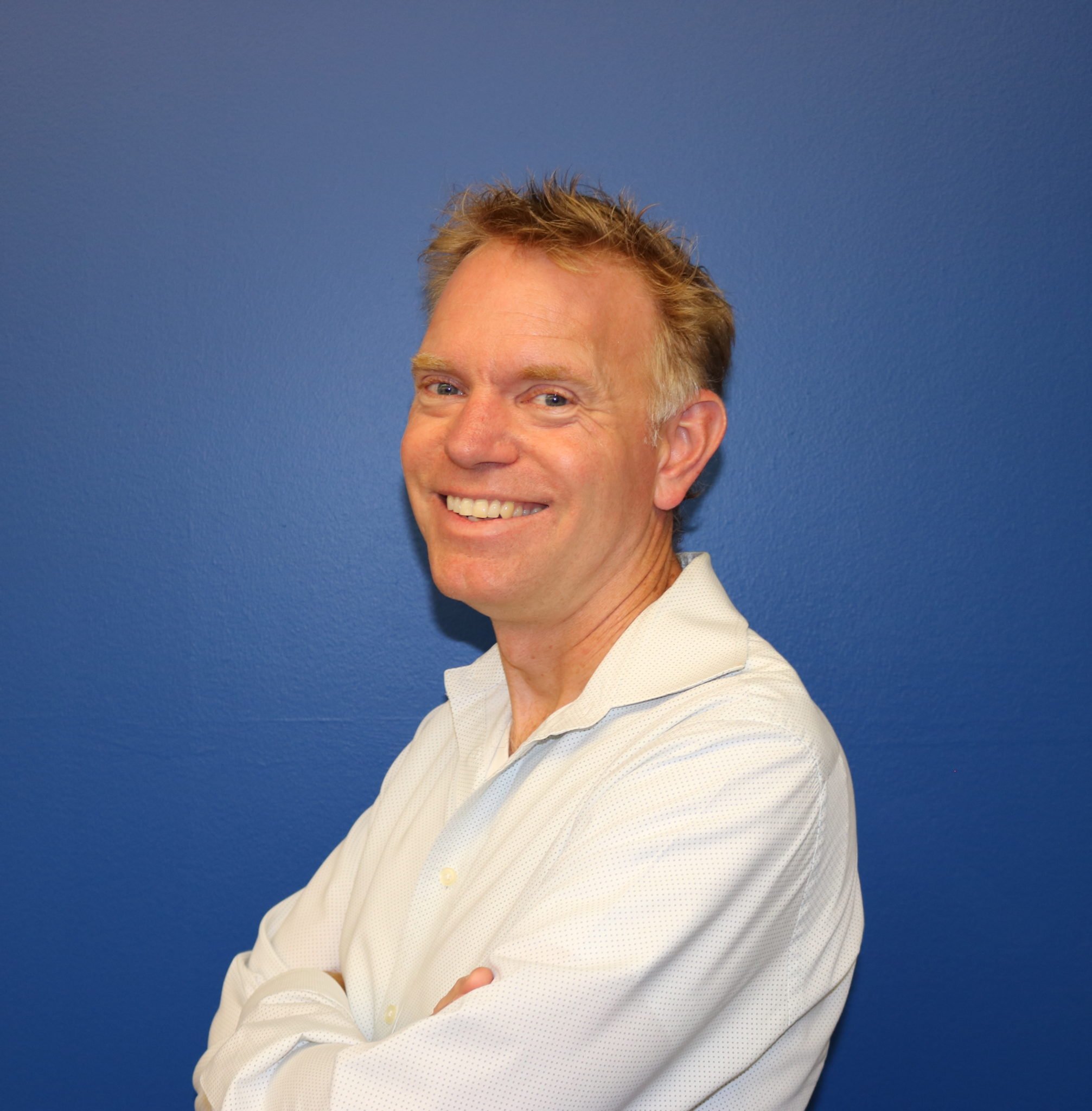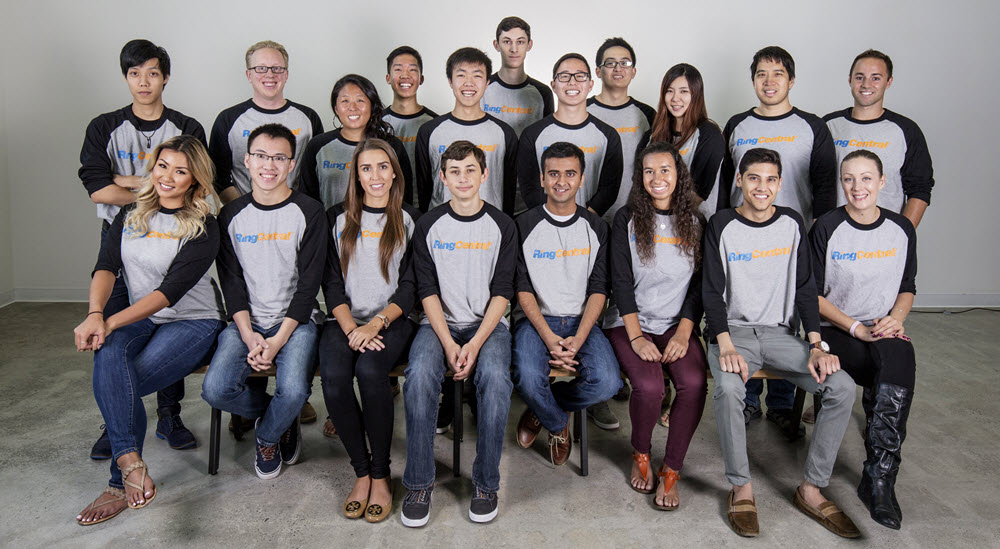Black RingCentral employees share their thoughts on the relevance and impact of Black History Month on our company and our world.
51 years since the first Black History Month was celebrated at Kent State University, Black History Month feels more vital, more important and more relevant than ever. Everywhere we turn, we hear pledges for change. Yet everywhere we look, we see the stain of systemic racism on our nation and our world. Black Americans are hospitalized for COVID-19 at nearly four times the rate of white people. Black unemployment hovers around ten percent — far higher than the national rate. The Confederate flag may be coming down in the town square, but it marched into the US Capitol on January 6th. We spoke with a cross-section of Black RingCentral employees to talk about the relevancy and meaning of Black History Month at RingCentral in 2021.
“Black History Month” seems backward-looking by definition, but according to Technical Account Manager Elliott Broadnax, recent events have given it a new immediacy.
“Until recently, Black History Month was always just kind of a month where we regurgitate our elementary school history about George Washington Carver and the peanut—great stories, but a lot of them feel like they have little to do with today. It seems like that’s changing now; like there’s more of a willingness to take the hard, painful look at what the real history is – bringing it to light and seeing what it has to teach us.”
“I grew up in South Carolina in the 1960s and early 1970s,” says Sr. Solutions Engineer, Edward Odom. “My school wasn’t integrated until I was in the 3rd grade, in 1970. When my grandmother took me to the doctor we had to wait in the colored-only section. When people think of the discrimination towards black people in Jim Crow South they think of something that took place a long time ago. Because of that, they are dismissive of the effects it still has on society today. Well, it wasn’t that long ago. I experienced “colored-only” signs and cross burnings. I was there. So the history is definitely relevant.”
“Acknowledging what’s gone on in the past is crucial. Historically, you didn’t see a whole lot of people in leadership who look like me,” says Senior Manager Professional Services, Cartina Phenix. “But I will say, I see more now. And I think it’s because companies like RingCentral have learned from history to really focus on bringing in that talent, and that’s the only way we’re going to make change.”
“My family comes from the island of Guadeloupe,” says Solutions Engineer Solenne Thomas. “and the French educational system really glosses over the history of its overseas department – often limiting us to Slavery, the Revolution and Post-slavery immigration. But after doing some research on my own, I discovered a very different picture of pre-1789 families, as well as a very different view of how my own family’s history fit within the history of the island; completely erasing the only 2 months worth of local history taught at school. After the second abolition of slavery, a few (very few) families made reparations on their own, and learned to live together. Former Slaves, Freemen, new immigrants and some of the old generation of slaveowners actually became neighbors, forming communities that are now very supportive of each other.
Obviously, there was a lot of potential for hate and mistrust there, and it took a generation or two – it’s a small island. But I have always been taught, “We’ve got to learn to get along – our survival depends on it.” Time passed , and now these families have intermarried to form one community. The fact of it is – in life or at work, there are so many different reasons to not like each other, to hate and misunderstand each other. But, life is so much easier if you do find a way to coexist. You have to acknowledge and understand the past and research it to understand how your own history shaped you. The same applies for the other cultures around you and their History. If you build on this accumulated knowledge, really focus on the future, you realise how much more you have in common with “others”. It is the first step in learning “to get along,” and no longer see those around you as “others”; just the way it happened within my own community. That’s also what history teaches us. And I think we can use that lesson to make a difference today.”
Positive change is coming, if slower than any of us would like. Companies are moving past the “let’s talk a good game” -phase of diversity and inclusion, and finding newer, more impactful ways to make a difference. At RingCentral, Employee Resource Groups are giving Black employees — as well as employees of other races, genders and orientations — the space and reach they need to have their voices heard.
“The Black Experience Employee Resource Group (BE@R) has been great,” says Broadnax. “Everybody is really supportive. I’ve only been here for five months, so I don’t have any clue what opportunities are open to me within the company or how quickly I can take advantage of them, but as a part of the group, I can talk to just about anybody and they’re gonna say, “OK. Yes. You. We need somebody like you to do “X,” and whatever I can do to help you, I will. Let’s do it.” And that is different. I feel this company – right now especially – is like “Hey, let’s go – we’re ready for it,” so I’m excited about things.”
For Odom, the opportunity to lift other Black employees up is a big deal. “I’m part of the Mentor program, and I have a brilliant young lady as a mentee, who has a bright future ahead of her. I love knowing I’m supported in my efforts to make sure she has the best chance to get ahead. It’s good for the company, and for the people in it.”
Change doesn’t happen by making a little progress and being satisfied. According to Phenix, there are still plenty of opportunities for companies like RingCentral to lead change.
“Imagine what an Employee Resource Group could do with serious, C-suite level sponsorship and visibility. Here’s an example: An issue that absolutely plagues the Black community is mental health. How could we use our resources – not just money, but our platform itself to boost therapists, and connect them with a community that’s been so traumatized – that needs the help so badly? We can talk about things like that in an ERG, but big, structural change needs big support from within the power structure itself, you know?”
Odom agrees. “It’s not just important to have a Black employee resource group. It’s important to have a Black employee resource group with sponsorship and leadership from the C-suite. When you have the sponsorship from that senior level that organization has the opportunity to really be heard. I know we’re making an effort to recruit from HBCUs (Historically Black Colleges & Universities) and we’re working with students on how to interview, but we should also be putting internal emphasis on how to hire.”
“There’s always more we could do,” says Thomas. “I believe in training people. Asking “Where do you want to be?” and helping them get there. As a company we can’t be satisfied with just “highlighting” diversity, but actually helping people get ahead. The more you learn, the more you’re going to teach me as well. Your performance pushes mine. That gives us all a better chance of succeeding together.”
“I’m still pretty new here,” says Broadnax, “But greater visibility is always a good thing. When people are able to share their stories as broadly as possible, people and opportunities open up. Here’s an example – my uncle on my mom’s side did some diving into our own genealogy, and he discovered the story of my great-great-great-great grandfather, a man named Adam Elliott. He was a slave in Kentucky whose job was to be a breeder. I don’t know if people realize slaves were bred, like farm animals. Adam fathered sixty-four children before he was finally freed, fought in the Union army, 115th Colored Infantry, got married, had nine more kids, and ended up living to be 107. That’s an incredible story that’s also instructive about the Black experience. So, I think better visibility ultimately benefits everyone. That’s how we get “stronger together,” so to speak.”
Every February, people across the world take time to not only reflect on our collective history and reignite our dedication to “justice for all.” The past year has shone the harshest light possible on the systemic racism and oppression that must still be oppressed. As a company, we have the responsibility to lift one another up, and use both the tools at our disposal and the gifts we’ve been given to advance the cause of shared humanity, modernity and justice. We have a long way to go. But the stories our co-workers were kind enough to share have the power to inspire action, and remind us, we’re all #strongertogether.
Originally published Feb 09, 2021, updated Apr 26, 2021





